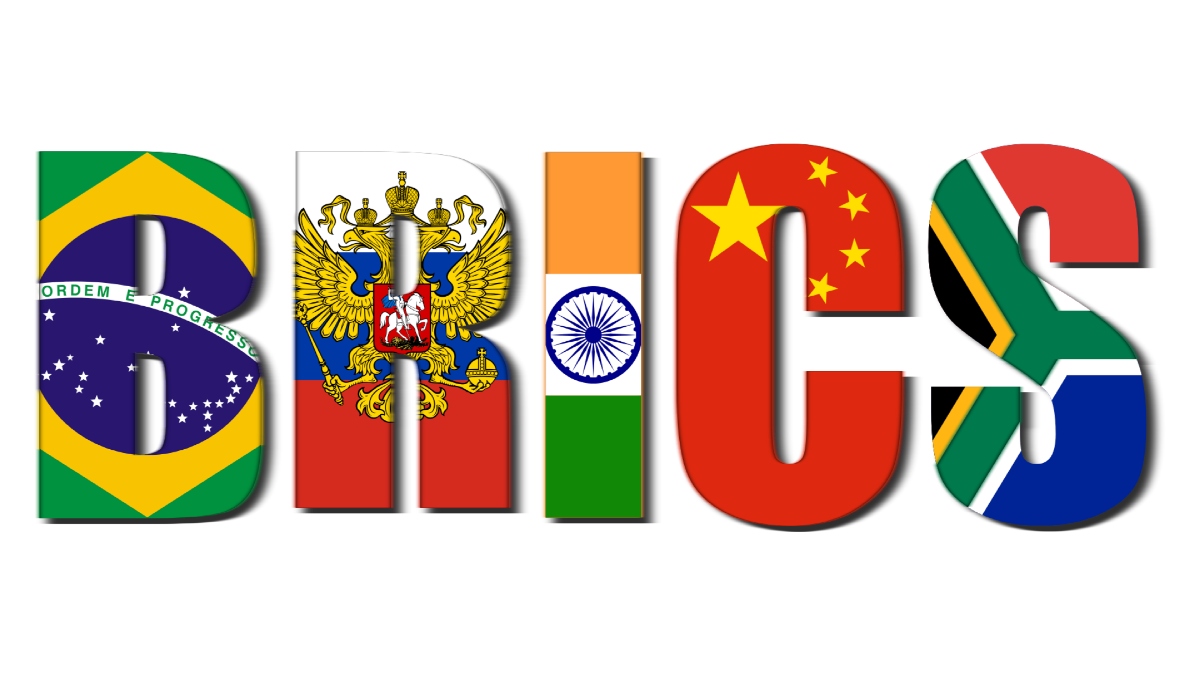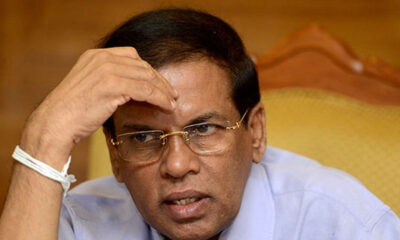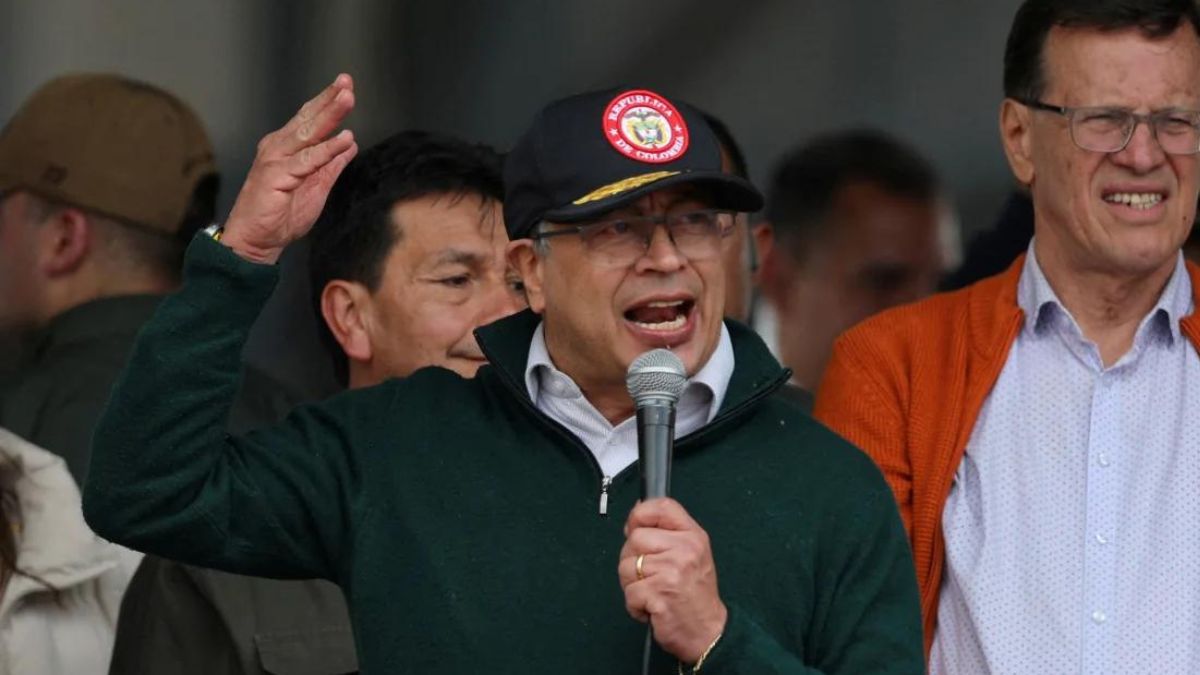Pharmaceutical giant AstraZeneca has for the first time admitted that its Covid-19 vaccine could cause a rare side effect that could lead to blood clots and death, according to court documents.
The company is fighting a class action lawsuit alleging that its inoculation, which was developed in collaboration with the University of Oxford, can result in death and serious injury.
The legal battle was initiated by Jamie Scott, a father of two, who suffered a blood clot that left him with brain damage after he was inoculated in April 2021 in the midst of the Covid-19 pandemic. He is seeking compensation over claims that the AstraZeneca vaccine is “defective” and less safe than expected, an allegation the company denies.
In May 2023, AstraZeneca also insisted that “we do not accept that TTS [Thrombosis with Thrombocytopenia Syndrome] is caused by the vaccine at a generic level,” as quoted by The Daily Telegraph.
TTS is a rare condition, in which a person has blood clots, which could reduce the blood flow, combined with a low platelet count, which could prompt difficulties in stopping the bleeding. TTS symptoms include severe headaches and abdominal pain.
Despite previous denials, AstraZeneca said in court documents, which were submitted to the UK High Court in February but received media attention only recently, that “it is admitted that the AZ vaccine can, in very rare cases, cause TTS. The causal mechanism is not known.”
“Further, TTS can also occur in the absence of the AZ vaccine (or any vaccine),” the company added, as quoted by the Telegraph.
At the same time, AstraZeneca insists the available data shows the drug has “an acceptable safety profile,” and that “regulators around the world consistently state that the benefits of vaccination outweigh the risks of extremely rare potential side effects.”
Dozens of Western countries suspended the use of AstraZeneca’s vaccine in the spring of 2021 over fears it may have caused some patients to develop blood clots. At the time, the head of the European Medicines Agency’s (EMA) vaccines strategy, Marco Cavaleri, said that there was an evident link between AZ vaccine intake and blood clots in the brain, but maintained that the benefits still outweighed the risks.
According to World Health Organization data, the AstraZeneca coronavirus vaccine has an efficacy of 72%. As of April 2021, over 17 million people had received the jab in the EU and the UK, with just under 40 cases of thrombosis, according to the company.
(Agencies)
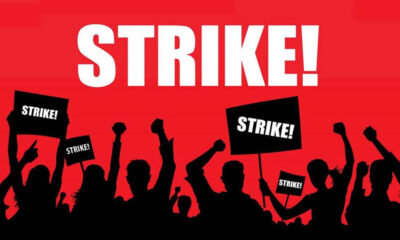
 News3 days ago
News3 days ago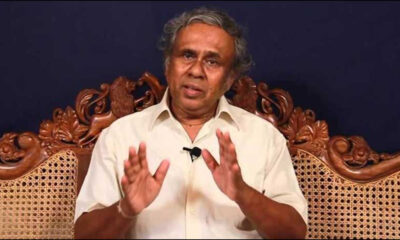
 News2 days ago
News2 days ago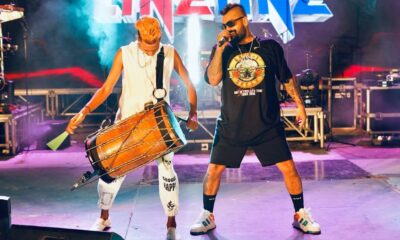
 Entertainment4 days ago
Entertainment4 days ago
 Sports1 day ago
Sports1 day ago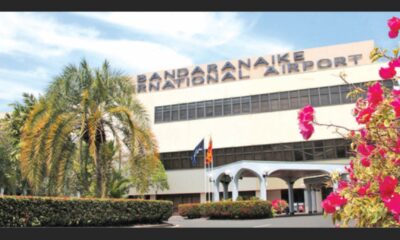
 News3 days ago
News3 days ago
 News5 days ago
News5 days ago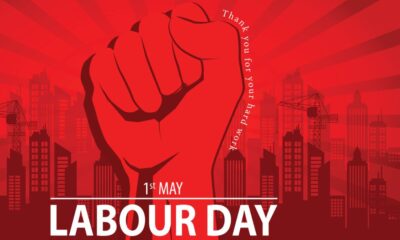
 News4 days ago
News4 days ago
 News2 days ago
News2 days ago

